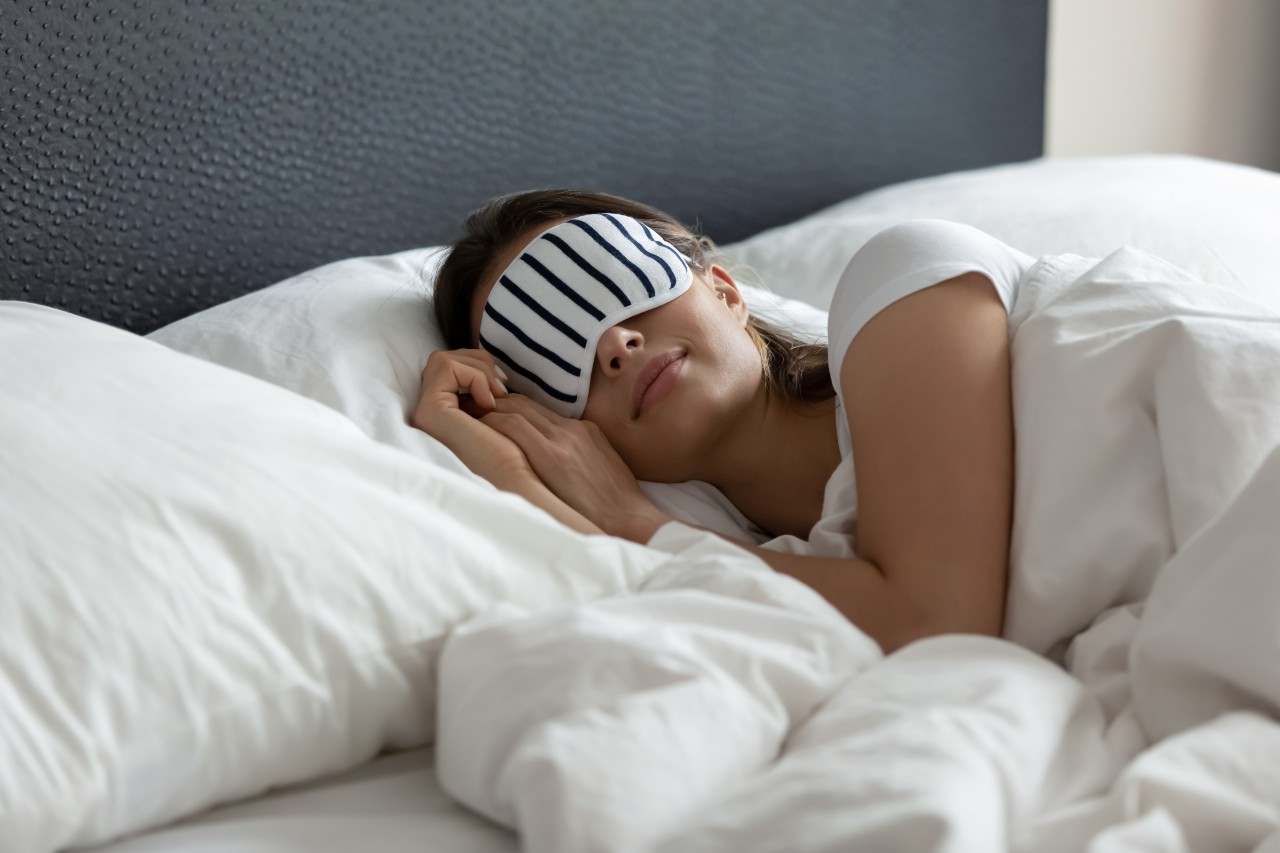Sleep is the body’s way of restoring itself and renewing cells. A lack of sleep or poor quality of nighttime sleep can have a negative impact on our body. Weariness and drowsiness are some of the common symptoms of insomnia related to not getting adequate sleep. Lack of sleep can also have a negative impact on our immunity. Continue to learn how healthy sleep is linked to our immunity and the best way to sleep for improved immunity.
How does sleep relate to our immunity?
The recommendation to get 7-8 hours of sleep should not be taken lightly. When we are asleep, our body enters a state of rest and increases the production of a protective protein called cytokines, which are usually released during an infection or inflammation. Cytokines are responsible for fighting inflammation and infections in our body and help to develop an enhanced immune response. So, when we get a good night’s sleep, our immune system actually gets stronger. The role of cytokines is to develop immunity against harmful bacteria or viruses that enter our body. Not getting enough sleep weakens our immunity and makes us vulnerable to these outside invasions (bacillary/virus).
When we get a proper night’s sleep, it also helps regulate the stress hormone in our body called cortisol. A good night’s sleep helps regulate the stress level in our body and keeps us calm and refreshed. Therefore, it is essential to sleep to boost our immunity naturally.
How does a good night’s sleep impact the immune system?
There are many benefits associated with healthy sleep, and keeping the immune system functioning properly is one of them. When we are asleep, muscle activity decreases, which brings more energy to the immune system to renew the body.
Healing happens at night, especially when someone is sick or injured. The body’s inflammation as immunity to fight off all foreign particles happens effectively while we sleep. This is a process that does not happen without a good night’s sleep.
Melatonin, a natural substance that promotes sleep, is synthesized at night and responds to stress when we are healthy.
Sleep helps maintain the balance between our body’s innate immunity and strengthens our adaptive immunity. A good night’s sleep increases our chances of staying fit and healthy.
Home Remedies for a Better Night Sleep
You can follow these tips on how to get a good night’s sleep using home remedies for a better night’s sleep to naturally help your immune system get stronger.
Limit caffeine intake to at least 6 hours before your sleep. Caffeine is one of the main reasons for insomnia. Drinking coffee before bed can significantly affect your sleep quality.
Avoid exposure to blue light as much as possible. However, blue light is difficult to reduce because we are constantly exposed to light from our phones and computers.
Maintain a sleep routine that you follow every day. Strictly adhering to this sleep routine can naturally help you fall asleep faster. A good sleep routine is one of the best sleep hygiene methods.
An effective tip for better sleep is to get some amount of exercise daily. Daily exercise tires out the body and makes it easier to fall asleep. Exercise is a natural sleep aid and helps your body get fit when combined with restful sleep.
Maintaining a dedicated space for sleeping is essential for getting a good night’s sleep. Avoid doing other tasks on the bed where you sleep. A dedicated sleep space also signals to your brain that you need to go to bed when you are there.
Bottom line.
It is possible to naturally protect your body optimally by getting adequate sleep. Since sleep is linked to our immune system, getting a good night’s sleep is essential to maintaining your health. It can be difficult to fit in enough sleep with our busy schedules and increasing workload. But avoiding extra hours of binge-watching or late nights can actually be beneficial for your body. Promote a good night’s sleep and try following the home remedies for a good night’s sleep to boost your immune system.






